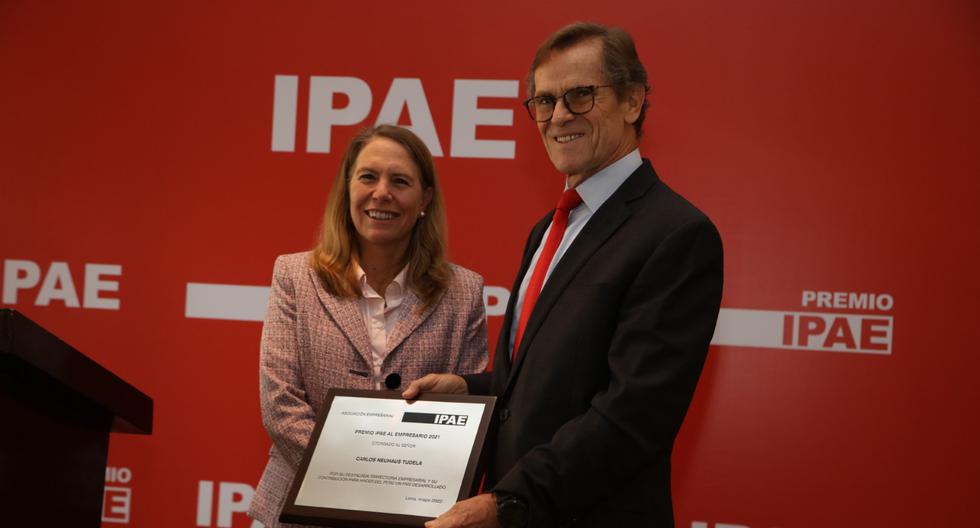Hernán Huttemann, chief of the civilian cabinet of the presidency, called a press conference to announce that the Executive partially vetoed the bill “That modifies various articles of Law 5,033/2,013, which regulates article 104 of the National Constitution, of the sworn statement of assets and income, assets and liabilities of public officials and repeals Law 6,355/2019”.
Minutes before the press conference, Abdo Benítez himself, President of the Republic, posted on his social networks his motivations for not enacting the initiative; “I have decided not to enact the bill that seeks to modify the legal regulation of the sworn statements of officials. The mandatory declaration of assets and income is one of the tools for government transparency and the fight against corruption”.
The project was questioned by opposition parties because it eliminates criminal penalties for false sworn statements, by allowing the possibility of rectifications.
HUTTEMANN
Huttemann announced that the veto has to do mainly with the modification of article 14 of the current law.
The current law in article 14 establishes in its first paragraph, the possibility that officials have to rectify themselves in case there is an error or omission not attributable to the declarant at the time of submitting their sworn statements.
The second paragraph talks about the duty of the Comptroller to report to the Public Ministry in case there are errors or omissions attributable to the declarant.
In other words, the first paragraph establishes the possibility of rectifying when there are non-attributable errors. The second deals with the Comptroller’s duty to report malicious errors or omissions (fraud or deception).
MODIFICATIONS
The bill approved by Congress two weeks ago, establishes the same thing in the first paragraph. But in the second paragraph he mentions the possibility of making the number of rectifications that the official considers pertinent.
“If the bill amending article 14 were enacted, that second paragraph of the current law would disappear, which is the Comptroller’s duty to report when there are indications that it was an error or omission attributable to the declarant, made intentionally,” he explained. the civilian chief of staff.
He then highlighted that they consider that the Comptroller’s Office has a preponderant role in government control and accountability.
“We believe in the current law. There is a verification process where the official can rectify when the error is not attributable. This must be maintained because it is a channel for the entry of information into the penal system,” he stated.





